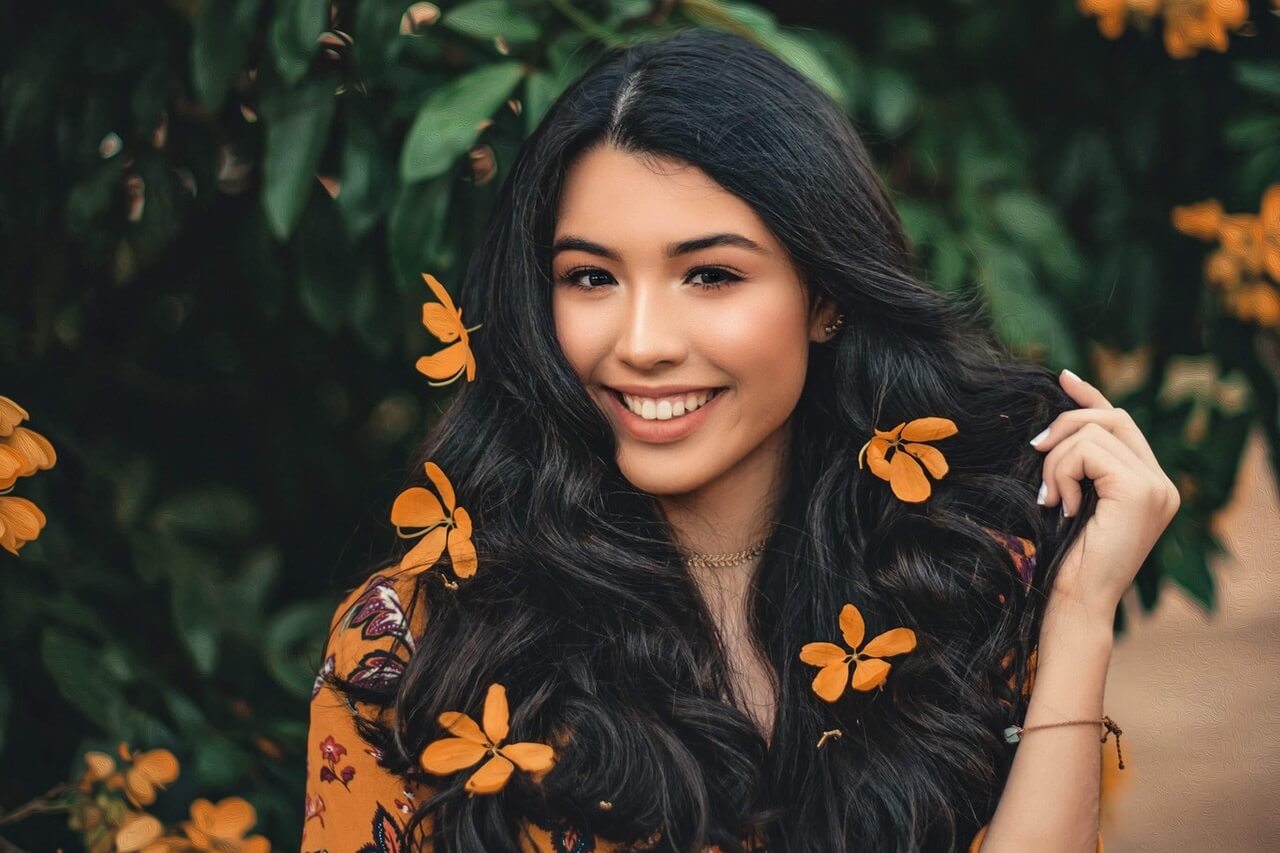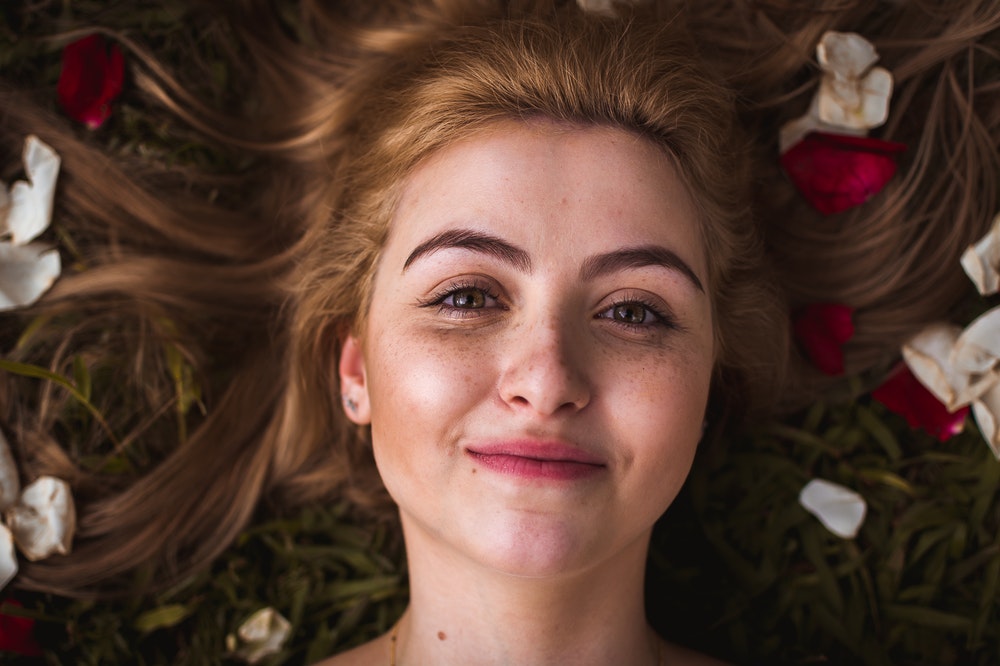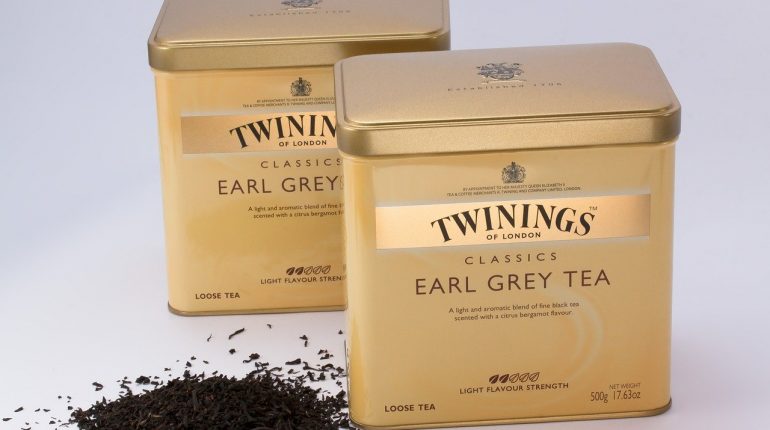Changing the colour of your hair without going the hairdresser is the dream for many, especially those who don’t like the idea of dyeing their hair with chemicals. If you want to transform your look, how about you look into how to dye hair with black tea?
This may sound like a strange concept, but in reality there is a lot to be said for this method. Dyeing your hair with black tea can make a real difference to your hair colour – and it is reportedly good for your hair and scalp too!
Why does black tea dye your hair?

Black teas contain Tannin, which is different to Tannic Acid that can cause irritation.
Tea also contains Catechin, which is considered a Mordant, or fixing agent.
It is widely thought that black tea can change the hue of your hair because of the oxidisation process, where chemicals react the oxygen in the air – similar to the effect that air has on a cut apple.
Dyeing your hair with black tea does not penetrate the hair shaft, as is the case with most chemical dyes, so you will find that the more you apply the black tea to your hair, the more of an effect you will notice, as the pigments will build up on the hair.
How to dye hair with black tea
- Prepare a very strong decoction of black tea. Ideally, you should use loose leaf tea for this, but you can also use bags – three or four teabags should give you a good strong brew.
- Bring the tea to a boil, then simmer for as long as it takes to evaporate most of the water. You are looking for about 4-5 ounces of liquid.
- Using an applicator bottle, apply the tea to your hair in the same way you would a commercial dye product.
- Leave on the hair for at least an hour, more if your hair is already quite dark. You can improve the effects by wrapping your hair in cling film, or a warm towel, while you do this.
- Rinse your hair with cool water.
- Avoid shampooing your hair for at least 24 hours, longer if possible. This will allow the chemicals in the tea to set properly.
- You can repeat this process as many times as you like; the tea will not harm your hair in any way so you do not have to wait as you do with commercial dyes.
Best types of black tea for hair dyeing
You can use just about any type of tea to dye your hair with. The results will vary depending on the quality of tea that you use – obviously, the better the tea the better the dye job will be.
It is recommended that you use loose leaf tea, but if you can only get your hands on Typhoo breakfast tea bags then this will do just fine!
Black tea is definitely the one that will have the most effect, as this is the one that contains the most Tannin, caffeine, and natural colour.
You can dye your hair with green tea, but bear in mind that the resulting shade will be much lighter, if indeed you notice it at all, and this generally works best on hair that is already naturally light in colour.
Benefits of dyeing your hair with black tea

- Not only is dyeing your hair with black tea effective, it is also far less damaging to your hair than using chemical dyes. Tea is a natural product, one step away from the plant that produces it, and as such is is a safe ingredient to put on your hair.
- If you are pregnant, you have probably heard that you may want to avoid dyeing your hair (though it’s relatively safe as we explained here) due to the excess amounts of harsh chemicals in most dyes. If you dye your hair with black tea you won’t have to worry about this!
- A rinse with black tea can also stimulate the scalp and improve the strength of the hair, and can reduce shedding and split ends. This is due to the caffeine content in the tea, which blocks the hormone responsible for hair loss.
- Dyeing your hair with black tea, as well as changing the colour of your hair, will also add a good amount of shine to your tresses. This is because tea is very beneficial to your hair. And, if you’ve already put the kettle on to make your tea dye, it’s a good excuse to have a cuppa as well!
Final words
How to dye hair with black tea is a simple, easy process, and one that will cost you nothing but a bit of time – and the price of a few cups of tea. It won’t probably work for resistant grey hair, but most people should try it at least. What’s not to love?



